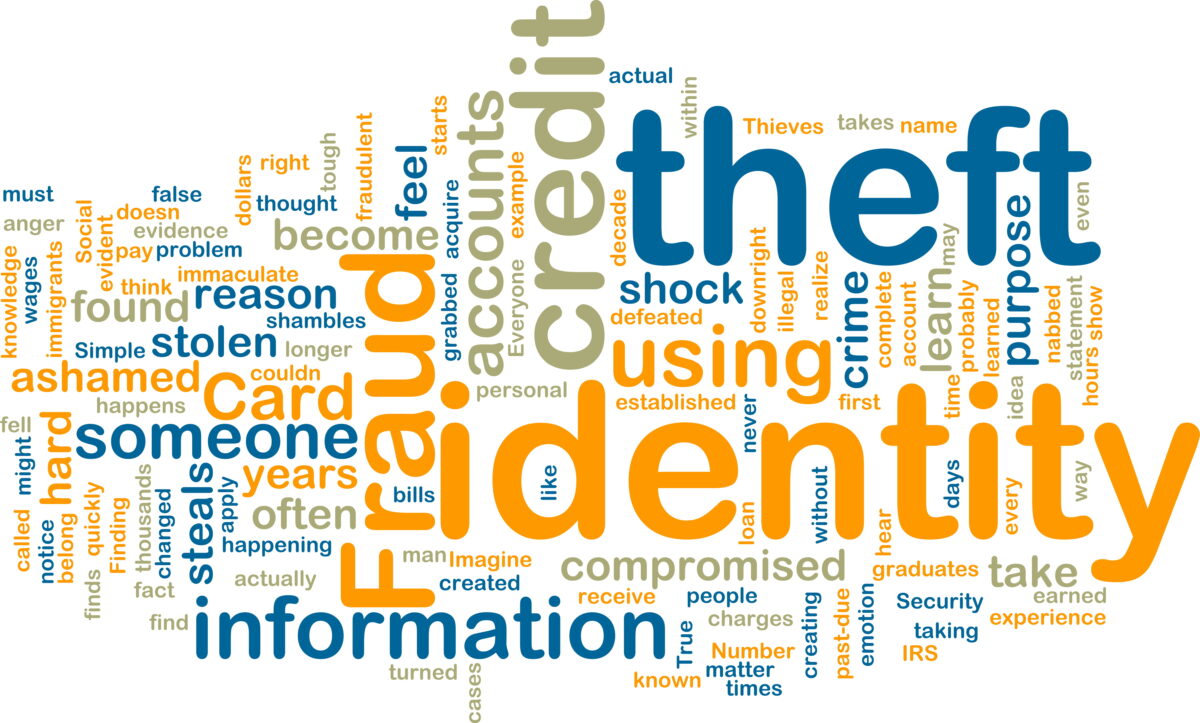According to the FBI, senior citizens account for more than $3 billion in losses due to fraud.
The 4 reasons they believe to be targeted are:
- Declining health often makes them vulnerable.
- Feeling alone can lead to readily trusting others
- They typically have a high net worth
- Many have little skill with technology
EXAMPLES OF SCAMS
Fake-check scams-this is where someone sends you a check with an amount that exceeds what they owe you and says it was an accident. They then ask you to wire them back the difference. The checks are very legitimate looking and can be misleading. Any time someone sends you a check and asks for money back, you are being scammed.
Medicare Scam– These scams happen more frequently around Medicare enrollment time. Key points to remember
- Medicare will never contact you for your Medicare number or any other info unless you have given them permission in advance.
- Medicare will never call and sell you anything.
- You may get calls from people promising you things if you give them your Medicare number. Don’t do it.
- Medicare will never visit you at home.
- Medicare can not enroll you over the phone unless you called them first
Tech-support Scams-If you have a problem with your computer or technical devices, call someone reputable or ask someone you trust. No one will EVER reach out to you because of a problem. If you get a pop-up warning, phone call or email saying a virus or error was detected, ignore it.
Lottery/You’ve won-If you receive a letter, call or email that says you have won the lottery or most big-ticket items that you have not “entered to win” that item, this is most likely a scam. In this scenario, you will most likely be asked to wire money or pay a small fee to cover taxes or fees.
If you have not played the lottery, you are not going to win the lottery. The lottery will not contact you either. In some circumstances, you may be asked for your SS#. You should never give out your SS# to anyone! Your identity can be stolen and your credit file compromised.
Investment Scams-this typically happens if you are later in life and starting to plan for your retirement. Scammers know this and will try to entice you with this “get rich fast” scheme. A lot of times, they will tell you it is time sensitive and need a decision fast. This should be a red flag that this is a scam.
Grandparents Scam-this is where the scammers pose as your grandchildren and act like they are in trouble, hurt or sick, and need money fast. As with some of the scams we talked about earlier, this is preying on our older generation. If you are unsure, ask a question only your grandchild would know and see what the scammer does.
Charity Scam-this is one of the easier to determine the validity. Google the name of the charity and do your research. If the scammer has used this charity previously, it should have some warnings listed. You can also call or look on the website for the BBB or Charity Navigator to check for information. If you can’t find any info, it’s best to not give them any money.





